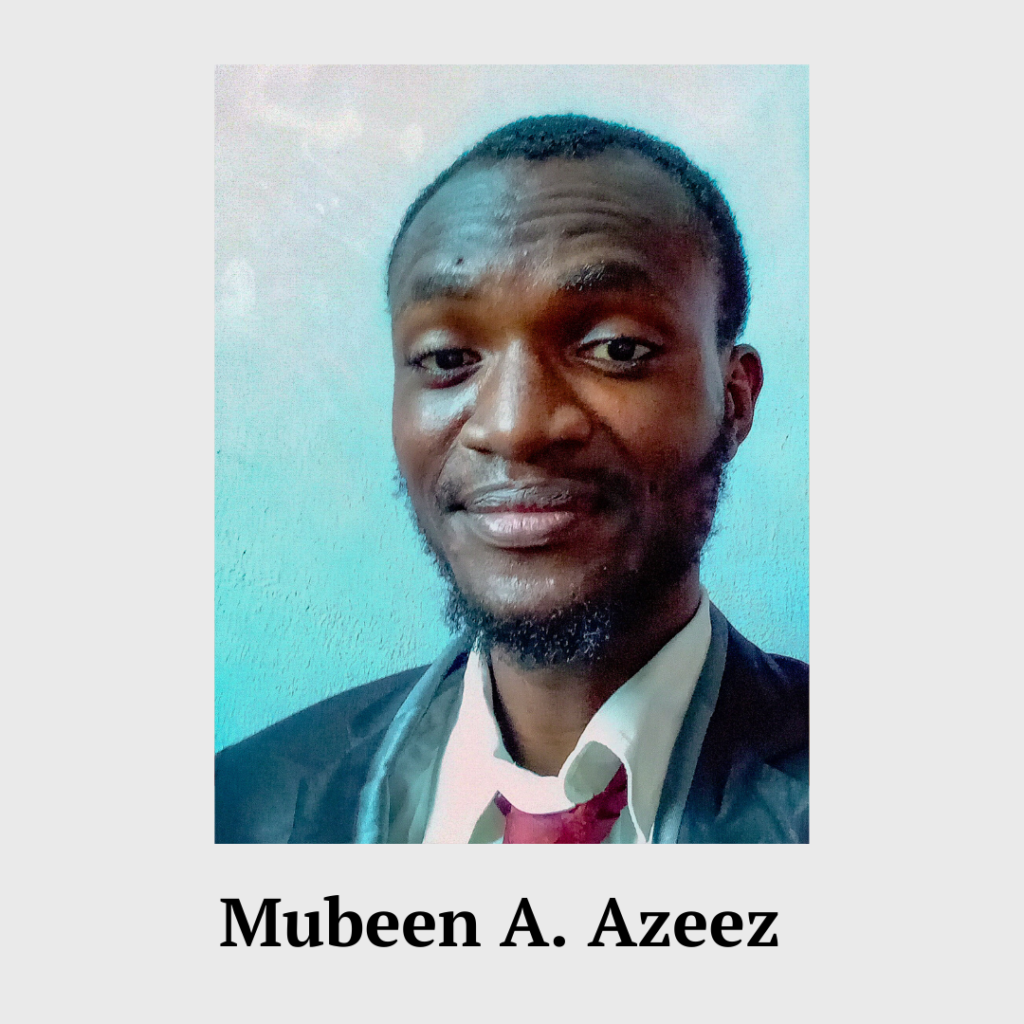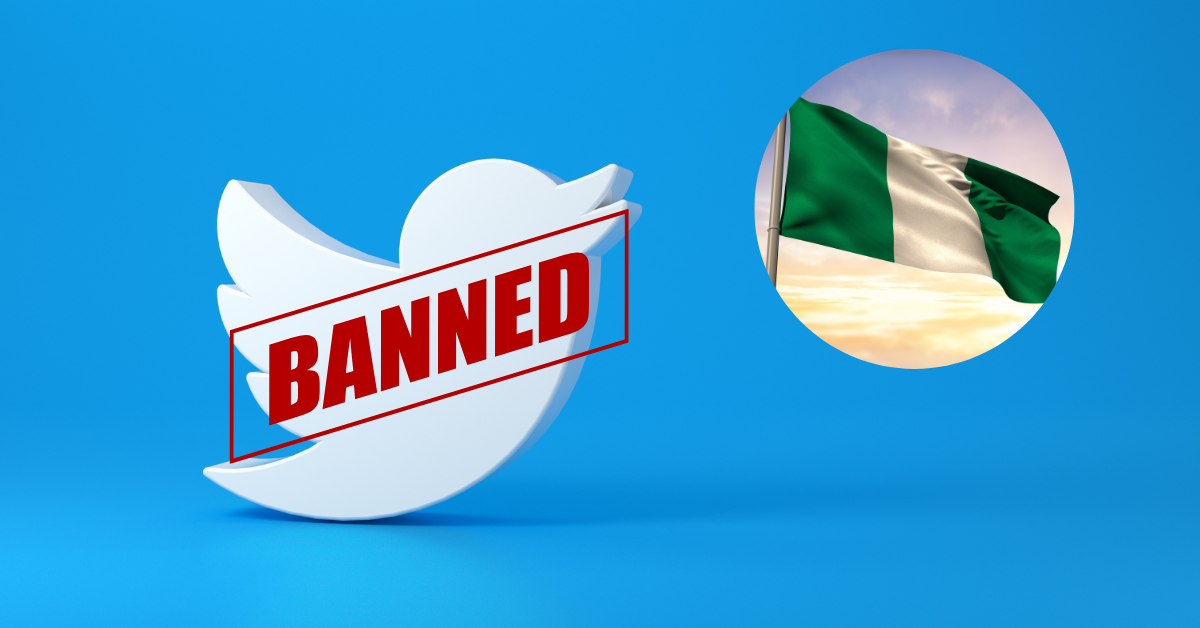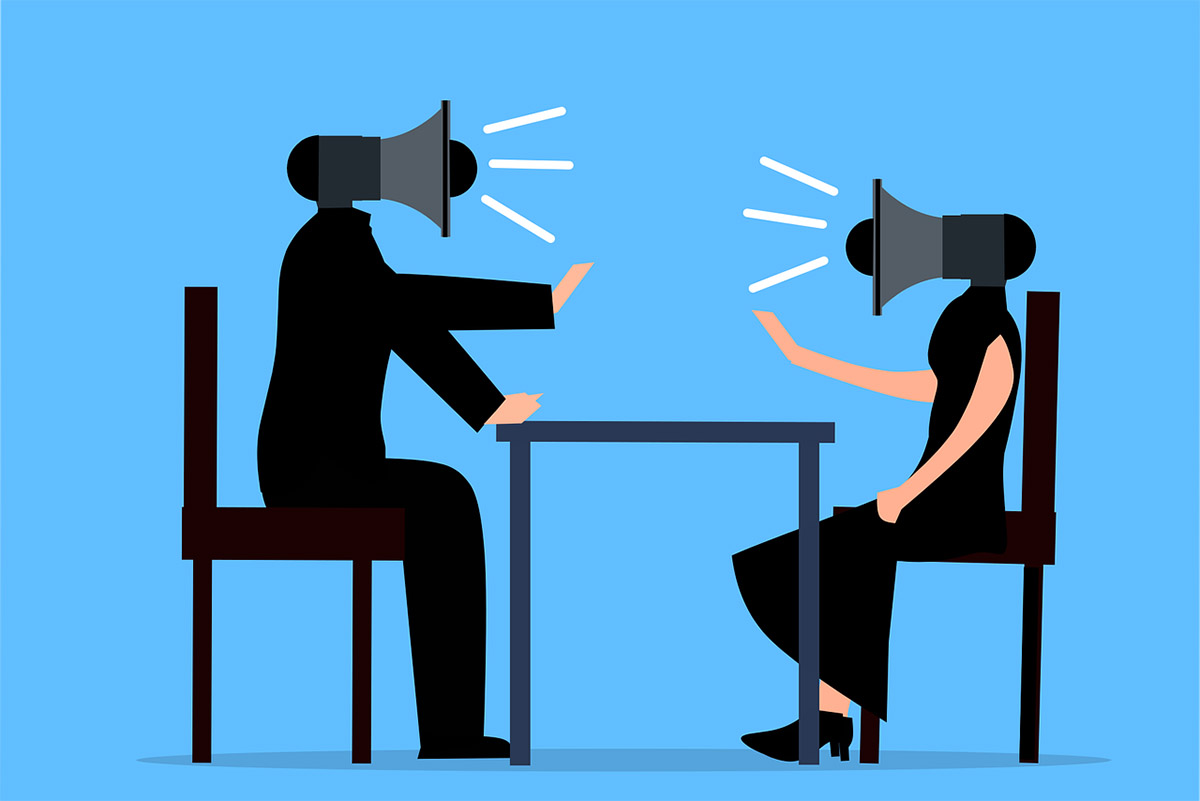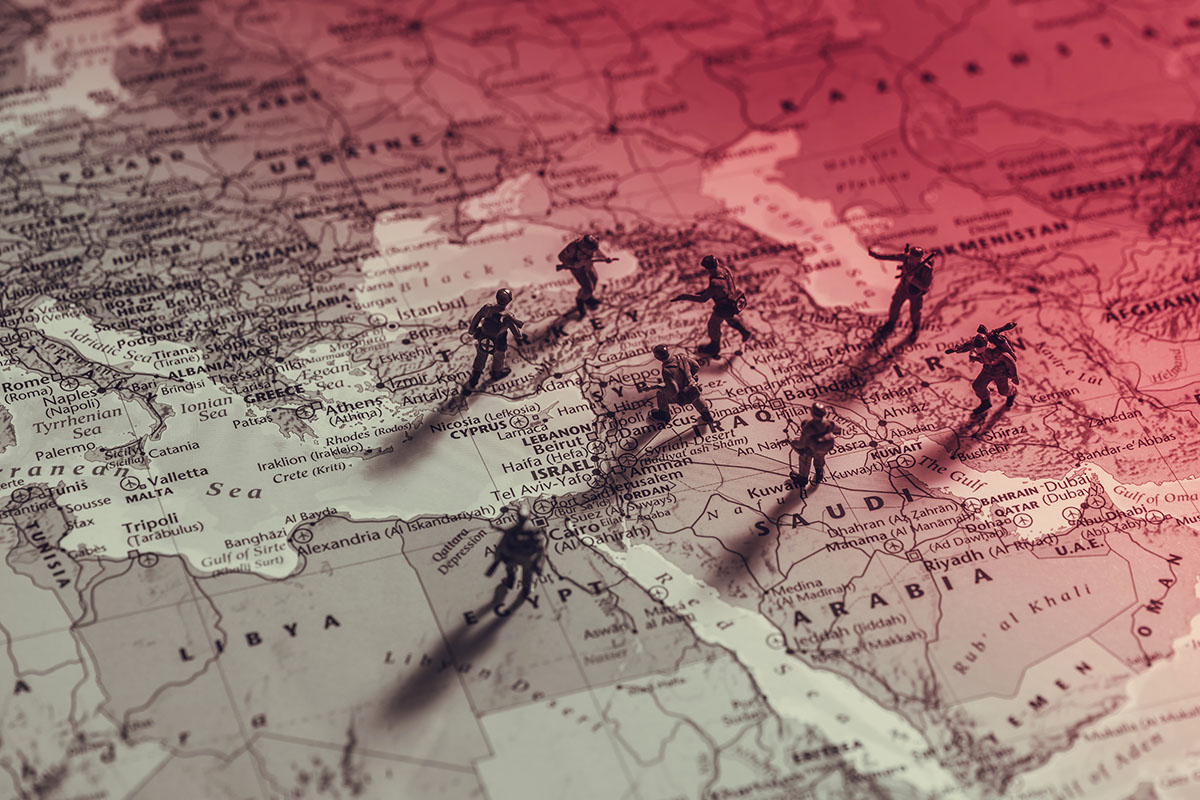Nigeria’s Twitter Ban: A Needless Burden
June 16th, 2022
After seven months, a ban on Twitter in Nigeria was finally lifted in January 2022. Mubeen Azeez, a 25-year-old correspondent from Nigeria, argues that the ban may have been a calculated effort by President Muhammadu Buhari to accomplish a goal he has always had in mind – limiting some of Nigerians’ freedoms. But while there is relief the ban is now over, it has not gone unnoticed that the country’s economy and people unnecessarily suffered because of it.
On the 12th of January 2022, a 222-day old ban on Twitter by the Nigerian government was lifted. The ban had been sparked by President Muhammadu Buhari’s angst after Twitter deleted a controversial tweet he made, saying it was ‘abusive’ and violated the platform’s rules.
It was Buhari’s personal account that was affected by the deleted tweet, but in reacting, he exploited his presidential powers and thus denied more than 200 million Nigerians access to the use of Twitter. But perhaps this overreaction was merely a ploy, one in which Buhari could wittingly seize the opportunity to advance his age-long disdain for social media/ press freedom.
While the restoration of Twitter was met with welcome, there was also alarm by rights groups that the regime of President Buhari may have been able to pressure Twitter to forfeit Nigerians’ rights in their use of the social media platform.
The allegation, yet to be denied by the government, reminds history-conscious Nigerians of a similar suffocation of their freedom by Buhari in 1984. Then head of a military junta that came to power after aborting a democratically elected government, Buhari issued an infamous ‘Decree 4’ that criminalised any information considered to ridicule or bring government into disrepute, even if true. This was akin to banning the media, for the role of media in any state is to hold the government accountable.
With such ‘accomplishments’ in Buhari’s résumé, gagging Nigerians’ voices through the Twitter ban and intruding in Nigerians’ privacy through it would not be a surprise. Twitter, a popular micro-blogging site, has functioned as a space where political officeholders have commonly been called out and quizzed for accountability. It’s also been the genesis and catalyst for civil agitations in Nigeria in recent times – most notably seen with the #EndSARS protest against the documented, incessant and lethal brutality of a corrupt police unit called the Special Anti-Robbery Squad, which the government was forced to disband in October 2020. Buhari would later describe EndSARS as an attempt to oust his government (never mind he has truncated a democracy before as a military officer). The wings of the agitation were clipped when it climaxed in the shooting of armless protesters by the Buhari-controlled Nigerian military, with no reasonable accountability to the dastardly act. With all this directly preceding the Twitter ban, one can begin to understand what Twitter/social media freedom means to the government.
Long before its Twitter ban, the government had made several failed attempts to have a grip on citizens’ freedom and enjoy an unquestionable impunity by introducing a number of bills to control social media content. In 2016, an anti-social media bill which was sponsored by Senator Bala Ibn Na’Allah from Kebbi state in Nigeria, was later withdrawn by the Senate. The bill had been passed for first reading on November 24, 2015, and passed for second reading on December 2, 2015, despite outcry by Nigerians. After much ado, the Senate withdrew the bill in response to the overwhelming condemnation and protest by the public.
But the government did not drop the idea in its entirety. Instead, the withdrawal only made the Buhari regime revisit its scheme to achieve its ugly goal. The government proceeded to use the military to keenly monitor the activities of Nigerians on social media, starting in 2017. This was followed by two more failed attempts to promulgate an anti-social media law in 2018 and 2019. While those laws could not be enacted, the government finally got its opportunity to limit free speech with the ban on Twitter in 2021.
Sadly, this vicious self-aggrandizing vendetta punished the nearly comatose Nigerian economy, sucking out $26.1 billion from it, according to the Lagos Chamber of Commerce. The chunk of who bore this burden were small businesses that are already struggling to outbrave poor infrastructure and epileptic power supply to sustain their existence. And if small businesses are the background of a society, you could say Nigeria’s backbone was nearly broken by a needless ban which became a needless burden.
Photo Credit: Canva
About Mubeen Azeez: I’m a veterinary medical student, with a passion for social impact. I am also an advocate of justice and good governance. I work to materialize my vision of impacting the global community by righting wrongs with knowledge and experience, making the world a better place for all.




